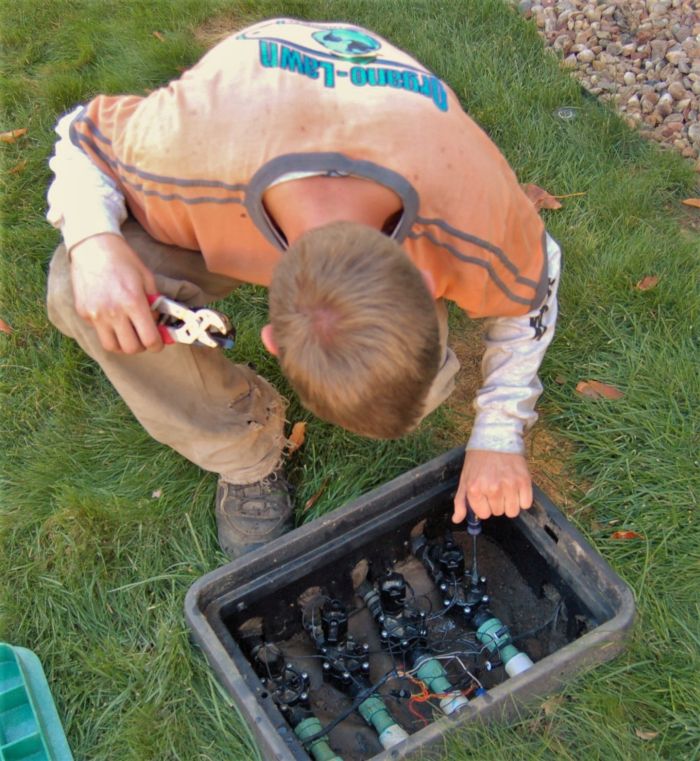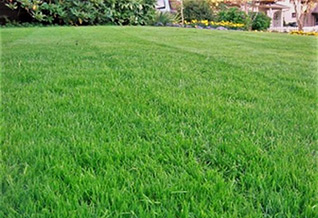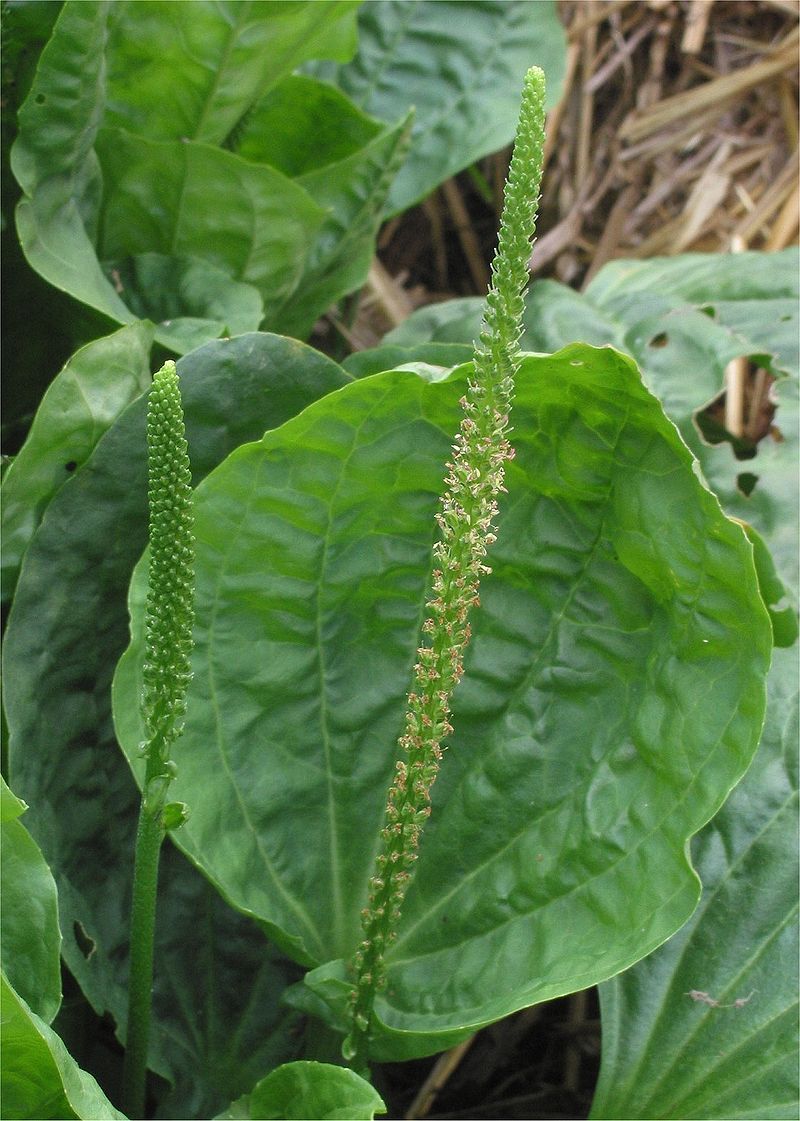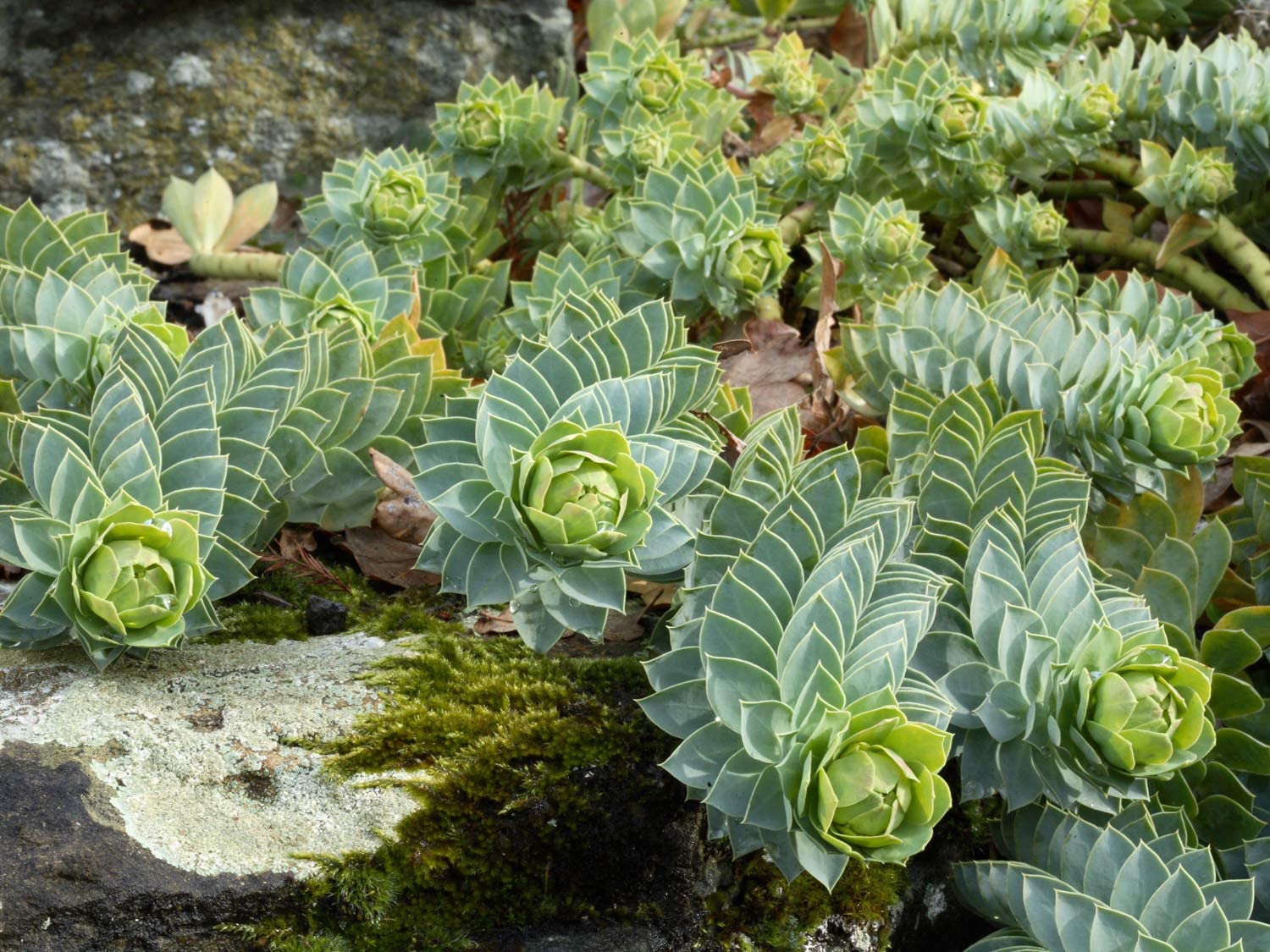In Colorado the weather can be variable, especially when fall hits, so it can be hard to tell when you should start preparing for winter. Some years we have warm weather until Thanksgiving. Other years we start seeing snow in September.
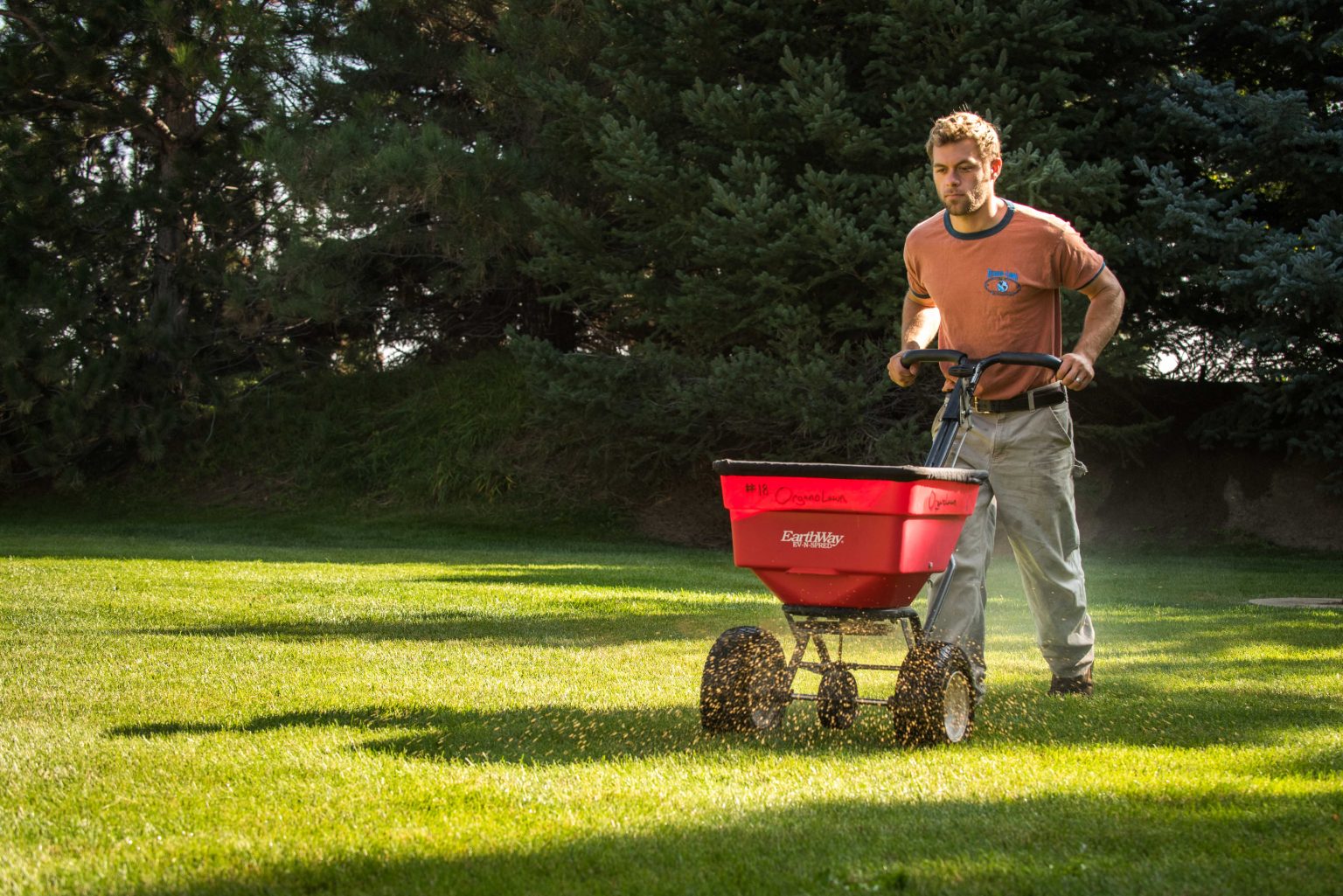
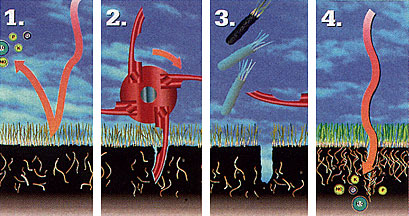

When to start getting the lawn ready for winter
We start doing fall winterization services for the lawn at the end of September and throughout October. Along with watering the lawn as long as possible, the services that will most benefit the lawn so it can come back strong in the spring are fertilization and aeration. For fertilization we would recommend Synergy with corn gluten meal, which is a pre-emergent weed control and fertilizer. Synergy works best as a pre-emergent when put down in the fall and again in early March. Synergy is a 100% organic fertilizer that will feed the lawn through the winter and will help keep weed seeds from germinating. Synergy is best paired with an aeration to work it down into the soil more quickly. Aeration will allow nutrients and water to penetrate deep into the root zone and avoid soil compaction. Because Colorado has such a high clay content in the soil, we recommend to aerate twice a year. Once in spring and once in fall. Aeration is also beneficial if you have a lot of foot traffic on the lawn.
